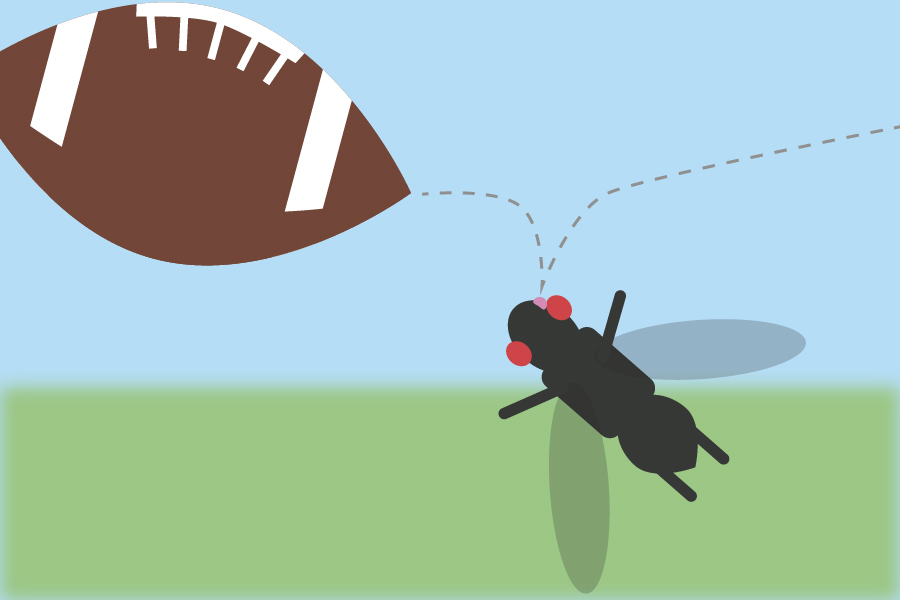
UC Davis assistant professor awarded prestigious grant to study tau protein in TBI
Kassandra Ori-McKenney, an assistant professor in the Department of Molecular and Cellular Biology, was recently announced as a Pew Biomedical Scholar. She has been awarded a four-year grant totaling $300,000 to study the role of the tau protein in the degeneration of neurons caused by traumatic brain injury (TBI).
The tau protein is a microtubule-associated protein partly responsible for stabilizing microtubules. Microtubules act as roadways for the transport of important materials and organelles like the mitochondria, which is responsible for energy production within the neuron. If this transport is disrupted, the neuron is affected. When tau is hyperphosphorylated or has too many phosphate groups attached to it, it aggregates into an insoluble form, which may affect the microtubules and lead to neurodegeneration. This hyperphosphorylation of tau has been connected to both TBI and also Alzheimer’s disease.
“We know that tau is a very significant hallmark of Alzheimer’s so it’s important to study how phosphorylation affects tau and its behavior,” said Tracy Tan, a first-year graduate student in the biochemistry, molecular, cellular and developmental biology graduate group.
While part of the research involves studying the protein itself, another part of the research goes into monitoring the origin and spread of tau in the brains of flies with TBI, as well as the behavioral effects on the flies. In the future, there could also be experiments comparing the effects of repeated low-impact injury and one high-impact injury. Flies were chosen because their behaviors are well-documented and well-characterized and they serve as an excellent genetic model system.
“Drosophila are a really wonderful genetic organism,” Ori-McKenney said. “We can therefore genetically determine which kinases are involved in modifying tau. The fly system is the most optimal system to do this because there is a published, validated assay to inflict traumatic brain injury on these flies and we have the genetic tools to be able to knock down or overexpress each of the genes that encode the different kinases.”
If DYRK1A happens to be the initiating kinase that responds to injury and is one of the first kinases that heavily modifies tau, it could lead to the potential of inhibiting that kinase within a very specified time window directly after an injury to prevent brain trauma.
The Pew scholarship provided Ori-McKenney with the resources to meet other scientists as well, giving her the chance to interact with other scholars studying fly behavior and fly genetics.
“Professor Ori-McKenney is quite deserving of this prestigious award based on her impressive past productivity and based on her outstanding promise for future discoveries, some of which could have significant impact on human health,” said Mark Winey, dean of the College of Biological Sciences and a Pew Biomedical Scholar alumnus. “The Ori-McKenney lab studies a variety of proteins that bind the microtubules, some of which move on the microtubules, and they study how the proteins are controlled. Defects in the function of these proteins can contribute to neurodegenerative diseases.”
Written by: Kriti Varghese— science@theaggie.org



